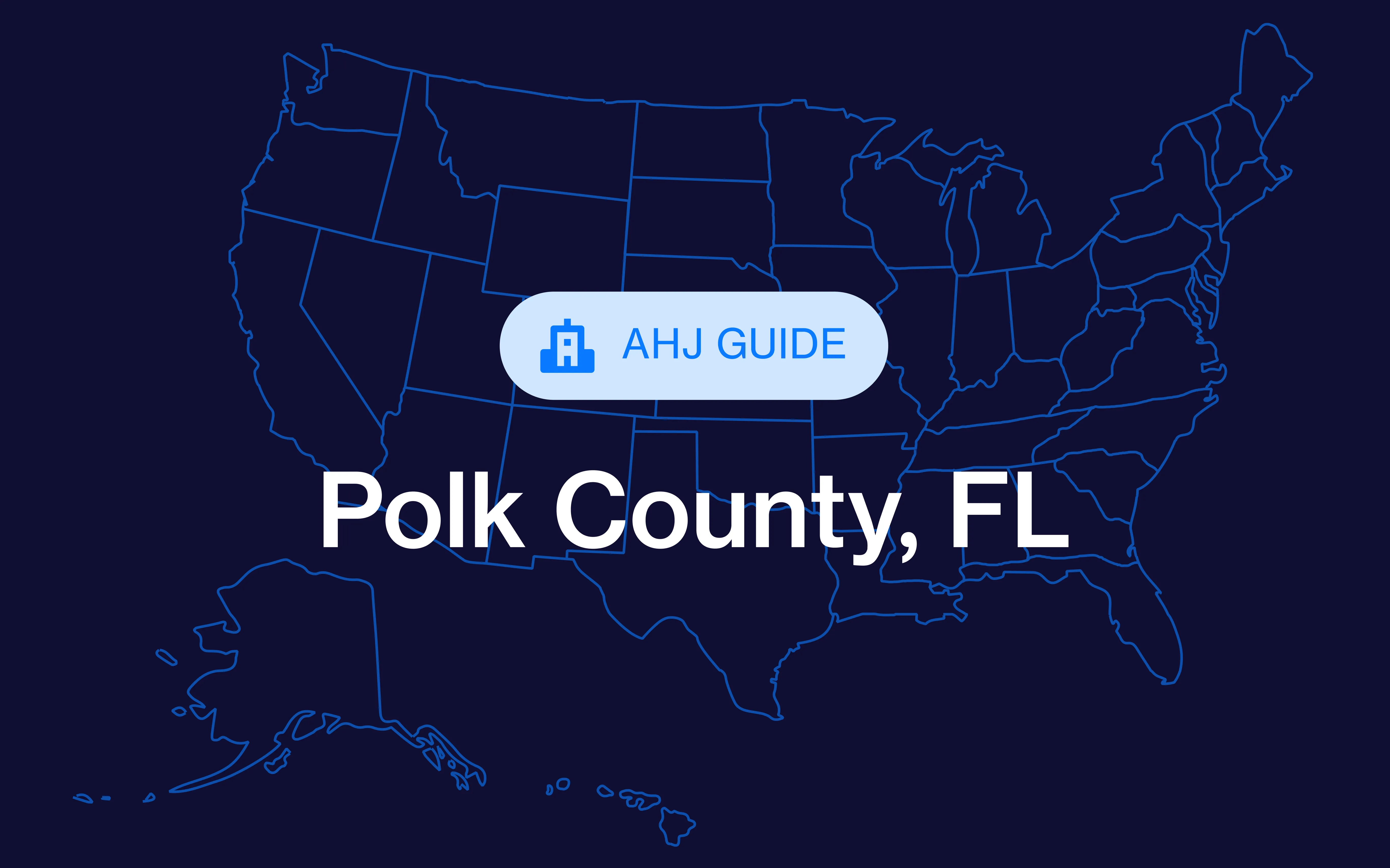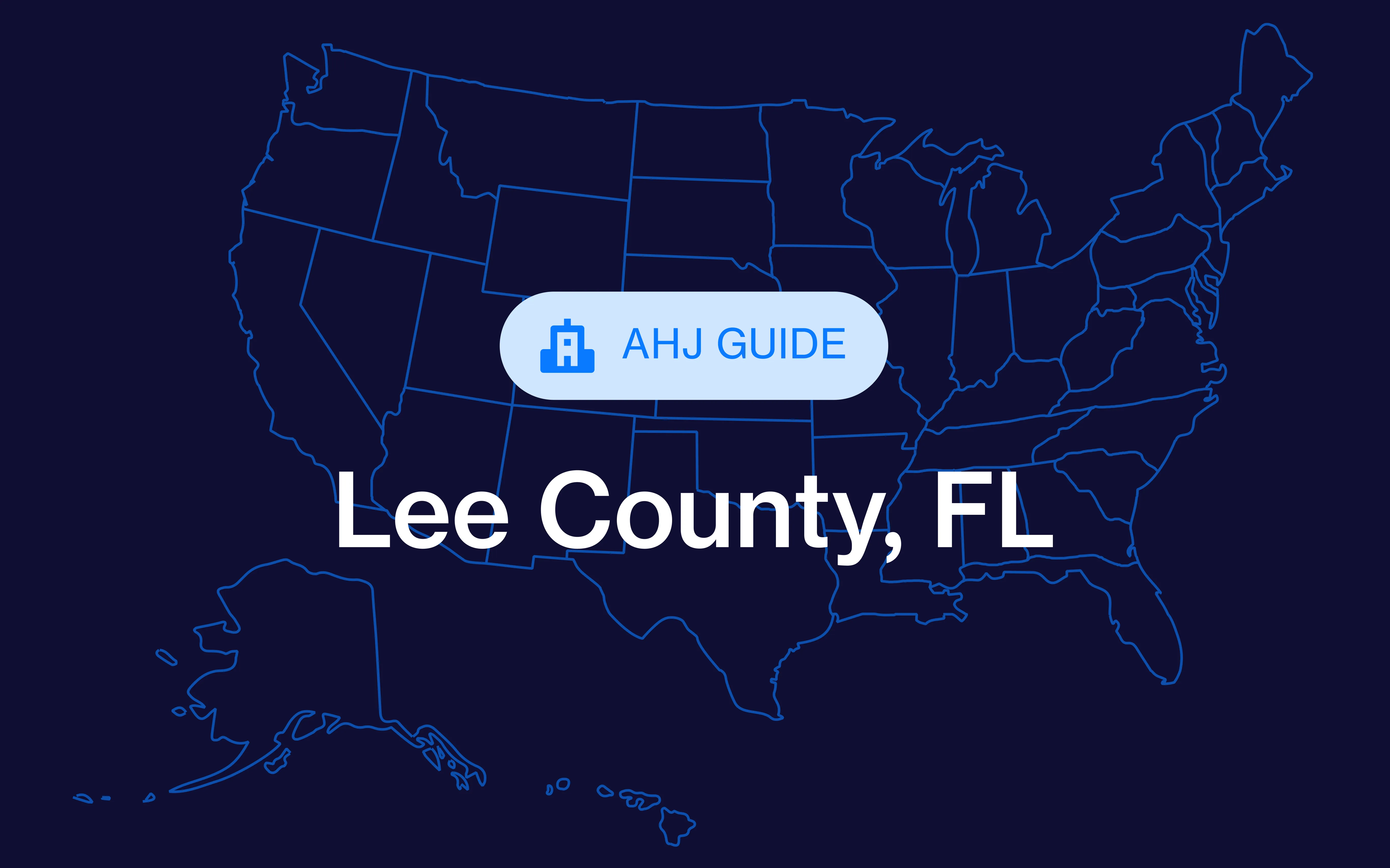Between its historic neighborhoods, dense urban core, and mix of new development along the James River, Richmond’s permitting process demands precision. The city enforces Virginia’s building codes closely to protect its architecture and ensure new projects meet modern safety standards.
Whether you’re restoring a rowhouse, building a multifamily project, or managing a commercial fit-out downtown, understanding the city’s permit requirements early helps you avoid delays and costly revisions later on.
Simplify permitting in Richmond with PermitFlow. Learn how.
What requires a building permit in Richmond?
Richmond's Department of Planning and Development Review (PDR) manages building permits for the city. Almost all construction work, whether for homes or businesses, needs a permit before you can start. These permits make sure your project is safe and follows all building codes.
Common projects that require permits in Richmond include:
- New buildings and additions, and most alterations/repairs, including structural work and changes to egress, fire/smoke-rated assemblies, or use/occupancy
- Most electrical, plumbing, mechanical/fuel-gas installations, replacements, or alterations (beyond the “ordinary repair” items listed below)
- Demolition or removal of a building/structure
- Projects otherwise exempt that are in a historic district (the building official may require a permit), or located in a special flood hazard area
To get more information, refer to the Richmond permitting FAQs and administrative code pages.
What doesn’t require a permit in Richmond?
Some minor work doesn’t require a permit, including:
- One-story detached accessory structures (sheds, playhouses, similar) <256 sq ft and not Group F-1 or H
- Small utility buildings (publicly regulated utility equipment) <150 sq ft
- Tents/air-supported structures covering <900 sq ft with <50 occupants (including connected areas)
- Fences of any height unless used as a pool barrier or required for pedestrian safety (Ch. 33)
- Concrete or masonry walls up to 6 ft high (ornamental caps may extend above)
- Retaining walls supporting <3 ft of unbalanced fill and not supporting surcharge/impounding hazardous liquids
- Small pools: surface area <150 sq ft and <24 in deep
- Replacement of above-ground LP-gas containers (same capacity/location) and associated regulators by the serving supplier
- Flagpoles <30 ft tall
- Temporary ramps serving R-3/R-5 dwellings where entry height is <30 in above grade
- Work the building official deems minor/ordinary that does not affect public health or safety
Richmond building permit cost
Richmond building permit fees depend on the construction type, project valuation, and use group. Here's a general estimate of typical permit costs:
Residential (1 and 2 family) fees
Commercial fees
Note: A 2% state surcharge is added to the final calculated fee.
Additional fees
For more details, refer to the permit fee schedule.
How long do building permits last in Richmond?
A building permit in Richmond is valid for 6 months from the issuance date. If substantial work begins within that period, the permit remains active. However, if construction halts for 6 months or longer, the permit may expire and need to be reissued.
To extend an expired permit, complete an Application for Permit Extension Form and email it to PDR.Permits@rva.gov.
Note: Each time there is an inspection on the property, the permit is extended to another 6 months.
Richmond trade permits

Plumbing permits
Plumbing permits are required for system installations, replacements, and fixture relocations.
Electrical permits
Cover all electrical wiring, upgrades, and system expansions.
HVAC permits
Required for heating, ventilation, and air conditioning installations.
Don’t let Richmond’s permitting process slow you down.
With PermitFlow, every permit moves faster — and with fewer surprises. Get started today →
How to get a building permit in Richmond
Step 1: Gather your documents
First, you'll need to collect a set of documents. You need to fill out the Richmond building permit application and collect the following documents, based on your project type:
Residential documents:
- Plans (PDF, B/W): complete architectural set at min. 1/8″=1′-0″ (civil/site can be smaller)
- Site plan or survey (required for new homes, additions, and decks) showing property lines, all existing/proposed structures/improvements, exterior dimensions, and setbacks to property lines
- Soil report (new homes)
- Footing/foundation plan (new homes, additions, structural alterations) with footing/slab dimensions, anchor bolts, reinforcement, ventilation/access, and typical sections; letter if new loads bear on existing foundations
- Framing plans for each floor and roof; show sizes/species/spacings, load-bearing walls, sections/details; provide engineered letters/reports for any non-prescriptive elements (e.g., trusses, steel, LVLs/PSLs)
- Braced Wall spreadsheet (as applicable)
- Truss submittals (as applicable)
- Structural reports (if required by scope)
- Signed & sealed letter by a Registered Design Professional if required by code (e.g., homes over 3 stories must have sealed plans)
Commercial documents
- Single combined PDF (B/W) with the application set; minimum architectural scale 1/8″=1′-0″ (civil/site can be 1″=30′)
- Project narrative
- Plans (sealed/stamped by a VA Registered Design Professional unless exempt by §54.1-402)
- Site plan that show setbacks and external work
- Soil report (required for new construction; may be required for additions/alterations by scope)
- Asbestos report (if applicable)
- Structural reports (if required by scope)
- MEP plans (mechanical, electrical, plumbing) uploaded as separate PDFs by discipline
- Cover sheet (project name, address, drawing index)
- Key plan (for large/strip-center projects)
- Architectural plans (floor plans, labeling all rooms with existing/new/demolition; ceiling heights; accessibility clearances)
Step 2: Apply through the Richmond permit portal
Create your record in the online permit portal, upload plans (PDF), and pay any intake fees. Trade work (electrical, mechanical/HVAC, plumbing) requires separate permits. Do not bundle with the building permit.
Step 3: Wait for plan review
The City routes your submission to all required disciplines.
- Residential: Initial review targets around 10 business days
- Commercial: Typical initial targets range 5-10 / 10-20 / 30+ business days, depending on project value. Respond to comments and upload complete resubmittals
Step 4: Pay your permit fees
Once approved, you’ll get an invoice. After payment, your permit and stamped plans are issued through the online permitting portal. Download and keep on site.
Step 5: Begin construction and schedule inspections
Request inspections in the portal (submit by midnight of the day prior). Typical sequence includes footing, foundation, slab, framing (after rough MEP approvals), insulation, and final.
To schedule the appointment, email PDRPermitsAndInspections@rva.gov. If you need more information, contact david.alley@rva.gov.
Richmond permitting resources
- City of Richmond Permit Office
- Permit portal
- Address: 900 E. Broad St., Room 108, Richmond, VA 23219
- Phone: 804-646-4169
- Hours: Mon–Fri, 8 AM–5 PM
- Email: PDRPermitsAndInspections@rva.gov
- Inspection contact information:
- Phone: 804-646-1628
- Email: CSSHelp@rva.gov
- Permits fee schedule
- Checklists:
- Administrative code
- Richmond FAQs
- Forms and applications
Streamline Richmond permitting with PermitFlow
Permitting doesn’t have to slow you down. PermitFlow takes care of everything so you can focus on building.
PermitFlow is software that manages your entire permitting workflow. We prepare, submit, and monitor your permits in Richmond and all other cities where you operate.
Building professionals rely on PermitFlow because we provide:
- Local knowledge: Our team knows Richmond's permit rules and Virginia building codes, so your applications get processed without problems.
- Easy permit tracking: View and manage all your permits from one simple dashboard.
- No delays: We submit accurate applications from the start, which gets you approved faster.
Get in touch with our team of experts to learn how we can handle your Richmond permits and keep your projects moving forward.








